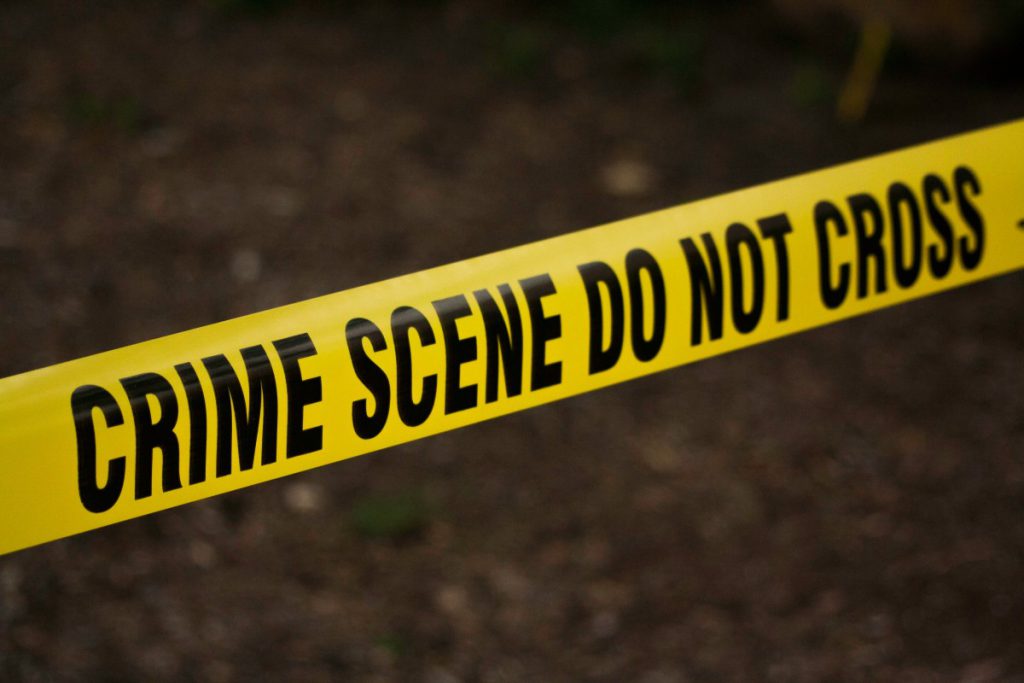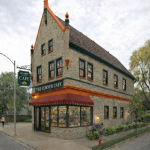Hate Crimes Increase 54% in Wisconsin Says FBI
Despite fewer agencies reporting data, Wisconsin sees 111 hate crimes in 2021. Black community targeted in 30% of incidents.
The number of hate crimes reported in Wisconsin grew by 54 percent in 2021, according to new data from the FBI. The increase comes despite a significant drop in law enforcement agencies reporting hate crime data.
There were 111 hate crimes in Wisconsin last year, according to the FBI’s Crime Data Explorer. The offenses included minor and aggravated assaults, vandalism and intimidation.
When broken down by race, 69 offenders were white, 19 were Black or African American, 3 were American Indian or Alaska Native and four were listed as unknown.
The 2021 data represents a 54 percent increase over the 72 hate crimes reported in 2020 and a 122 percent increase from the 50 reported in 2019.
Last year’s data comes with a caveat: Far fewer law enforcement agencies reported hate crime data to the FBI than in prior years. Of 448 law enforcement agencies in Wisconsin, 325 reported hate crime statistics in 2021. In 2021 nearly 100 percent of agencies reported data.
An FBI press release states the number of law enforcement agencies reporting nationwide decreased significantly due to departments transitioning to a new reporting system.
“While the number of agencies actually participating declined, those agencies that do participate are generally showing increases,” said California State University Professor of Criminal Justice Brian Levin.
“The other thing, though, that I think is more important is that we’re an angrier society and we’re more fragmented and divided, and that’s reflected in our sociopolitical milieu,” Levin said.
Levin also said social media has “supercharged” the trend by amplifying bigotry and aggression and serving as a repository “that can be sparked at any time.”
Levin said Wisconsin was an early leader in prosecuting hate crimes when in 1993 the U.S. Supreme Court ruled that enhanced penalties for hate crimes charged against a Kenosha man did not violate the defendant’s First Amendment right to free speech.
Levin also serves as a board member for the Wisconsin-based advocacy group We Are Many-United Against Hate, which is working to create a bipartisan commission that would inform state government about hate crime research and hold community forums with representatives from different community groups in the state.
Masood Akhtar is founder of the organization We Are Many-United Against Hate President and Founder. Akhtar said he fears that some politicians aren’t speaking out against hate crimes like mass shootings. He said he believes the nation’s united response to the terrorist attacks of Sept. 11, 2011 in New York, when compared with the divided response to the Jan. 6, 2021 insurrection at the U.S. Capitol, shows a growing double standard.
“And what I want to do is have Assembly and the Senate, one Democrat on each and one Republican on each,” Akhtar said. “And then I will have a representative from the Muslim community, from the Jewish community, from the African American community, all of these people representing different communities on my board of advisors statewide.”
Akhtar said he’s also been lobbying members of congress to create a national unity caucus.
“Because if we don’t exhibit the same language from both parties, I am very concerned that things are not going to change,” Akhtar said.
FBI: Number of hate crimes in Wisconsin increased by 54 percent in 2021 was originally published by Wisconsin Public Radio.























Beyond better reporting, there are other big answers to the “why is this happening?” question. Two big reasons, both with Wisconsin specific twists, are otherization and victimization. In both instances, right-wing media, particularly Fox News, has been a primary driver, with a rotating cast of scapegoat groups, LGBTQ people being this season’s prime target. Segregation makes otherization easier because, when you don’t know any “others,” it’s easier to judge whole groups by their worst members, and members of the group by the worst thing they have ever done. The Milwaukee Journal-Sentinel comments sections are a showcase of this kind of thinking.
The second big “why” is victimization, especially the theme of white victimization by liberals, minorities and others. As a child of Yugoslav immigrants, I have seen my parent’s native country destroyed because the dominant group – fueled by relentless media messaging – defined itself as the victim of “the others.” As the last U.S. ambassador to Yugoslavia said, once a group defines itself as a victim, there are no constraints on their behavior. They can justify anything by what the others had done to them, or what they would do, if they had the chance.
In American society today, victimization cuts across all groups, producing hate crimes committed by members of all groups. But, as Donald Trump demonstrated, the greatest danger comes from the dominant group defining itself as the victim.